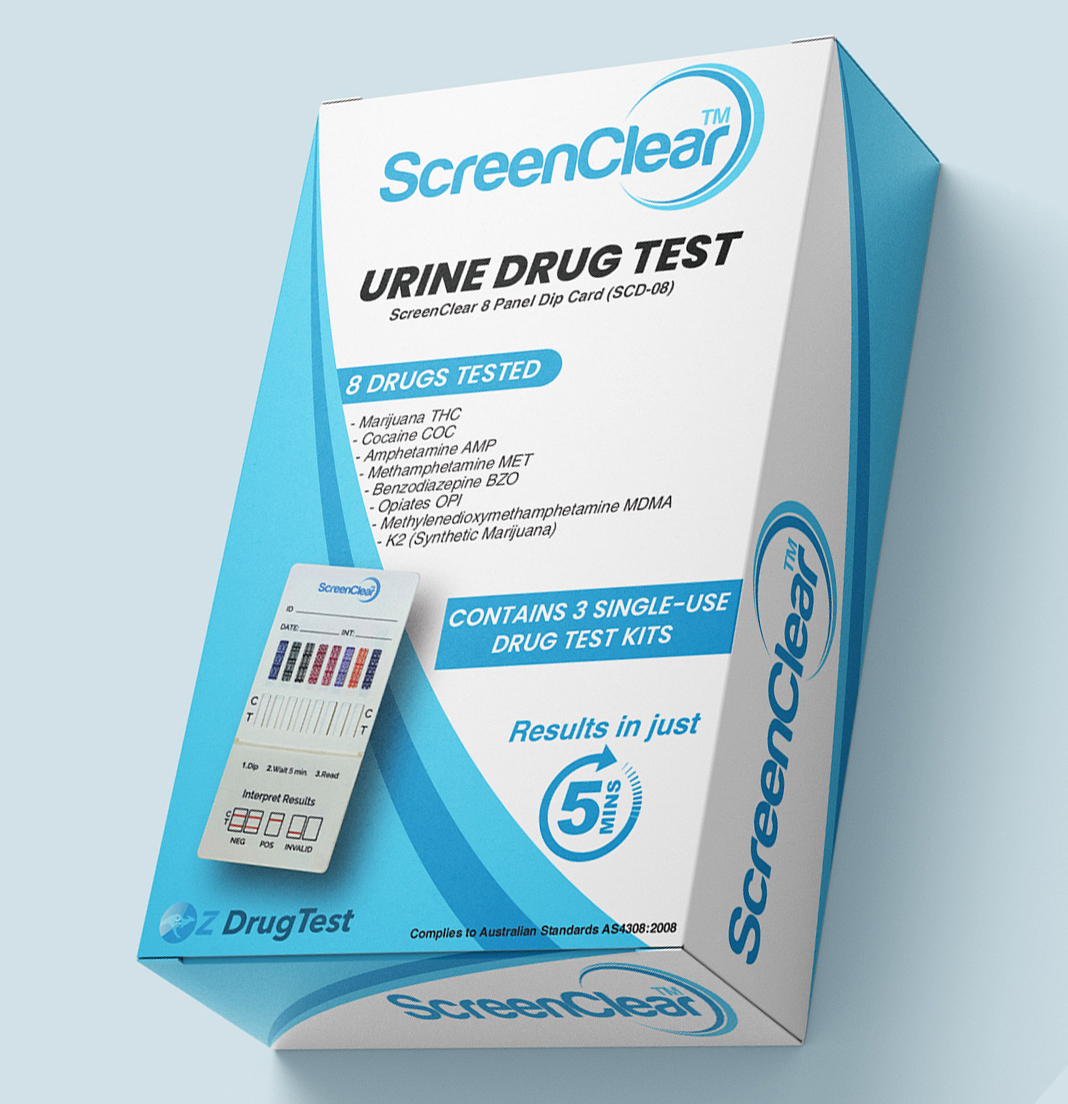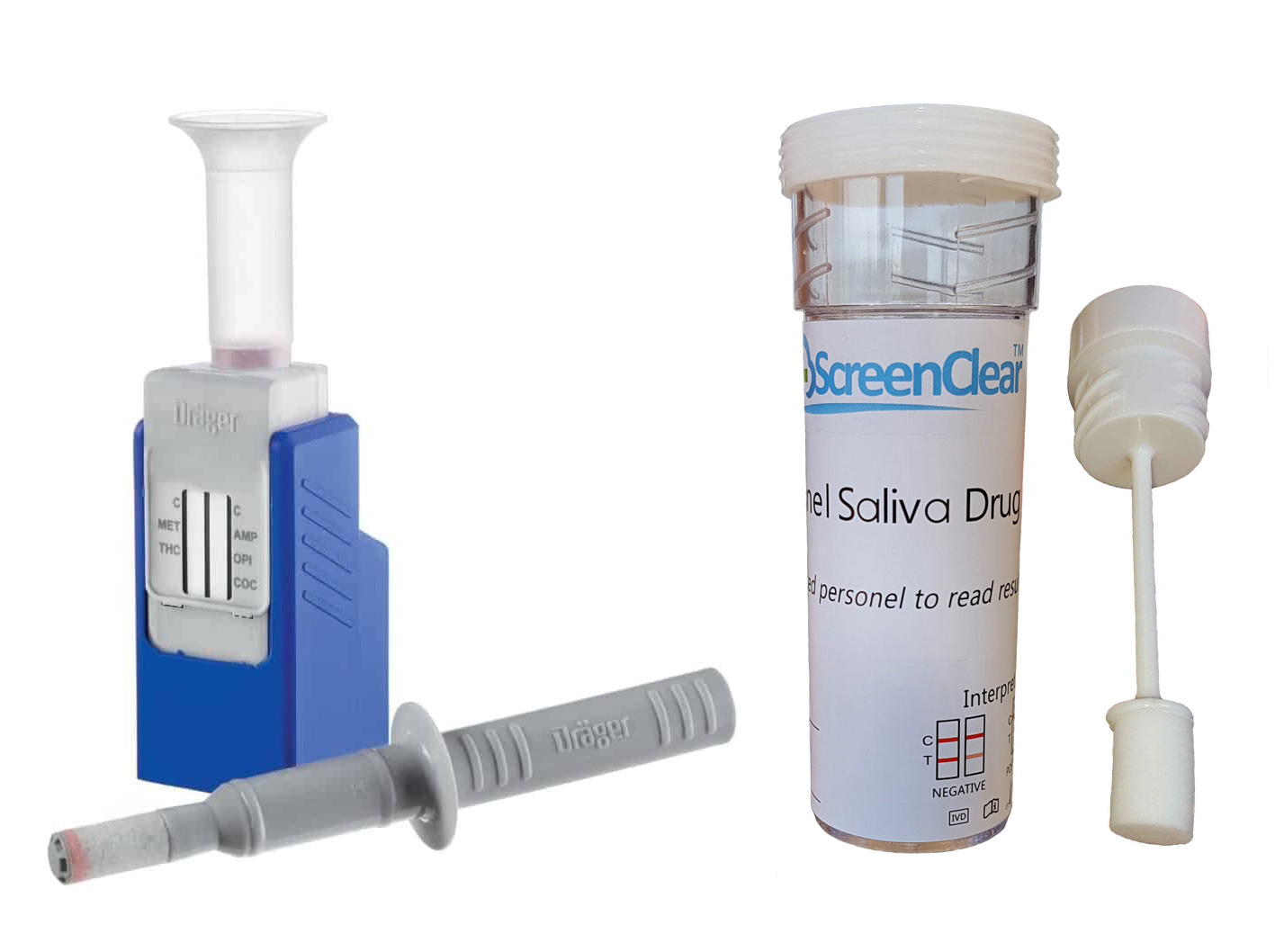
Will CBD Oil Show Up on a Drug Test?
Australian police use roadside saliva drug tests that detect a very small amount of THC. The equivalent of 1 teaspoon in an Olympic size swimming pool! So they don’t detect if you are under the influence… rather if the drug is present, or not.
Most CBD oils will contain a very small amount of THC… 0.3% to be precise. This is an extremely low amount of THC. But, is it possible to test positive to THC on a saliva drug test?
What is CBD oil?
CBD oil is taken from the cannabis plant and is used for,
- Pain relief
- Depression disorders
- Alleviate cancer related symptoms
- Arthritis
- Joint pain
- Sleep disorders
- Headaches
- Migraines
- Lung conditions
- Parkinsons
- Epilepsy
Cannabis has a psychoactive chemical called delta-9 tetrahydrocannabinol (THC). THC creates a high when introduced into the body. CBD is also taken from the cannabis plant, but is not psychoactive and hence will not create a high feeling when ingested.
The reason CBD oil has a tiny amount of THC is because it is produced from the hemp plant. Full spectrum CBD oil has 0.3% of THC. Any more THC than that, the USA government (United states drug enforcement agency) DEA will list them as a schedule 1 drug and deem them illegal.
But…will 0.3% THC show up on a drug test?
Here in Australia, police drug test people on the roadside with saliva drug tests. The brand in which they use is called the “drug wipe”. The drug wipe will detect Delta9THC, which is the parent drug of marijuana. The drug wipe will detect delta9THC at the very low cut-off level of 5ng/ml, which is equivalent to one teaspoon in an olympic size swimming pool!
I wanted to test the presence of THC myself because we couldn’t find any studies on this subject, so we purchased some CBD oil locally in Australia. The full spectrum extract product arrived and I put 4 drops of CBD oil under my tongue and waited for 30 seconds before swallowing.
At the 10 minute mark I tested myself with the Drager 3000 Drugcheck saliva test, which will detect delta9THC at 15ng or above (as per the Australian standard AS4760). The results were negative for THC as there is a clear line on every drug class…see below.
I tested myself again in an hour after consuming the CBD oil, and that test was negative too.
Will a police drug test pick up THC in CBD oil?
They say the cut-off level for delta9THC is 5ng/ml or above. This means I really should test myself with the same product the police use. So we bought some drug wipes for $57 each!
I took the CBD again and tested myself at the 10 minute mark, and the result was a clear negative. Then again at 1 hour and found it was negative again!
The drup wipe is different to every other drug test, in that the lines will appear in the test region when a drug is present. All other drug tests are opposite, meaning lines will not appear in the test regions when a drug is present, and lines will appear when drugs are not found.
So there you have it! I was clear for THC on the police drug test at 10 minutes and 60 minutes using full spectrum CBD oil with 0.3%THC. This is the most sensitive drug test in Australia for THC, so if I can pass on this drug test kit, I will pass any other drug test kit, like the kits used in workplaces.
This doesn’t mean that everyone is clear to drive on CBD oil. Other than this experiment having a sample size of 1 person(me), it is a totally unregulated industry in Australia. Some CBD oils will contain more THC than others, which may trigger the THC strip on a roadside drug test. So be careful when driving in Australia.
Will CBD show up on a urine drug test?
Urine tests detect a THC metabolite called THC-COOH which is found in urine within hours of exposure. This metabolite could remain present for longer than 30 days after an everyday user of THC stops. This is because THC is fat soluble. THC attaches itself to fat cells and can be very difficult to excrete in urine.
Full spectrum CBD oil will have around 0.3% THC which is a very small amount.
When you get a drug test they normally use a urine or blood sample and check for the presence of THC (Tetrahydrocannabinol) THC-COOH, and THC-11-oic acid are formed in the liver after the body has consumed cannabis. It is these chemicals that are tested when you go for a blood or urine test. THC-COOH doesn’t have much cross reactivity to the other non psychoactive cannabinoids such as CBD (cannabidiol), CBD (cannabigerol) or CBN (cannabinol), which means if you have taken CBD oil you probably won’t get a positive result on any drug test. Theoretically it is possible if you are taking very large doses of CBD oil (above 1000-2000mg per day) due to the minute traces of THC that could build up over time.
Due to differing body weight, metabolic rate and other lifestyle factors it’s possible that CBD oil containing as little 0.3% THC could show up in urinalysis.
To finalise this article I wanted to do one last experiment. I wanted to know this for myself, so I have been taking about 5 drops of full spectrum CBD oil everyday for about 2 weeks now. I have tested my urine sample on the THC 50ng/ml strip which is the AS4308 standard cut off level for on-site testing in Australia, and it’s a clear negative result (test kit on the left).
I have also used a THC drug test (on the right) that detects THC at 5 different levels. The lowest cut off level is 18ng/ml, and you can see a very faint line on that (far left) strip, so that would be a negative result also. This strip is very faint which may suggest the THC would be very close to this 18ng/ml cut off level.
So there you have it, I have passed both saliva and urine drug tests for THC whilst taking full spectrum CBD oil. This is not to say that everyone will pass a saliva or urine test. There are too many variables to list, such as a person’s metabolic rate, amount of CBD taken, amount of THC in the CBD oil (from a backyard supplier), etc.
If you have any questions about this article, please feel free to contact me at dave@ozdrugtests.com.au and I’d be happy to answer any questions you may have.
This does not constitute legal advice. We do not endorse the use of CBD oils or the use of THC without lawful prescription. The advice and examples given here are only for education purposes. Please talk to your doctor if you’re interested in using CBD oils.




